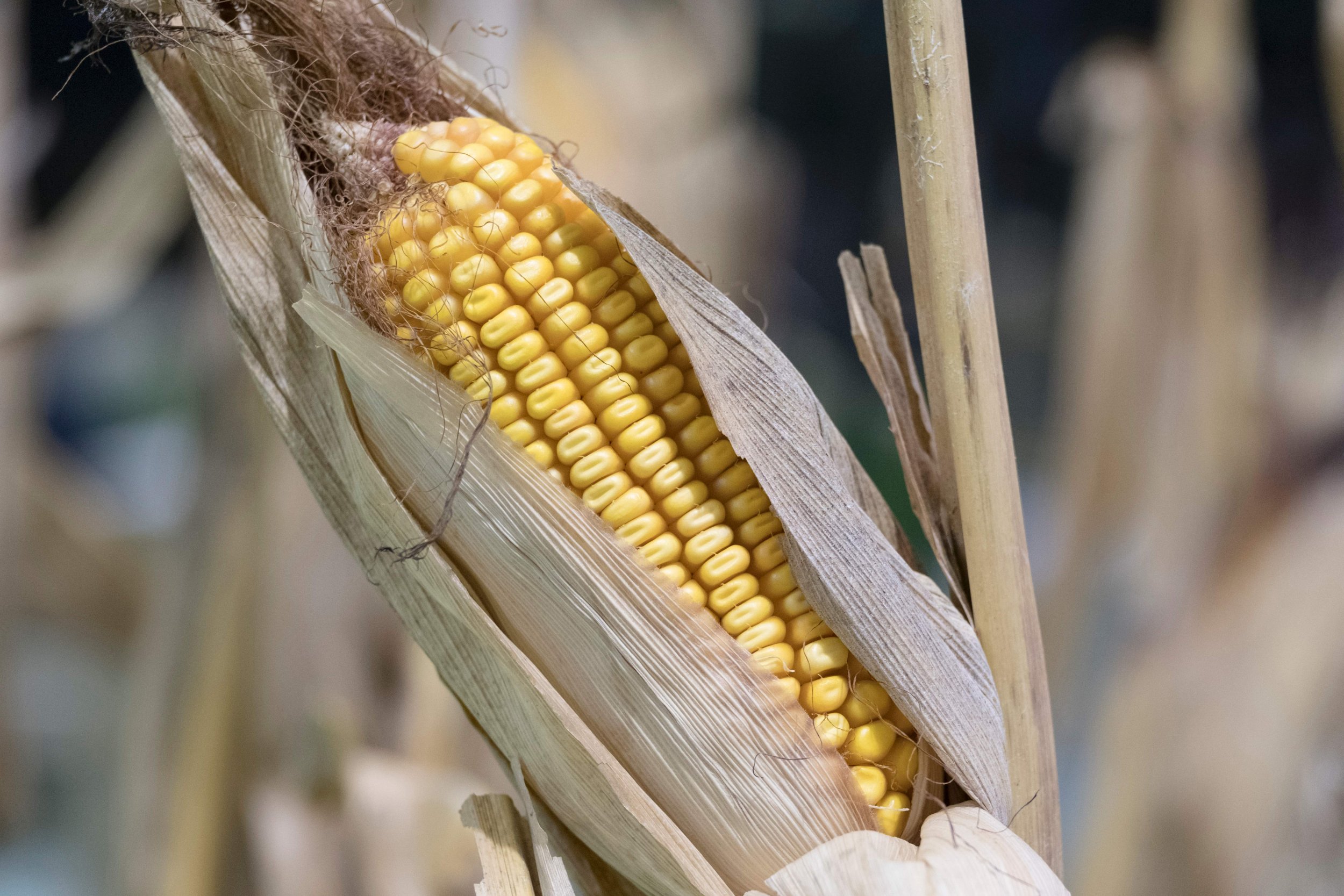
An analysis of more than 21 years of research on genetically modified crops found that GMO corn does increase crop yields and can provide more health benefits than traditional corn. The findings published online in Scientific Reports add to the controversy surrounding the future of global agriculture.
A meta-analysis, the new study analyzed approximately 6,000 peer-reviewed studies published between 1996 and 2016 to draw its conclusion. Ultimately, results showed that GMO corn increased crop yield by up to 25 percent and also had health benefits as it decreased the amount of food contaminants.
"The work is significant because it examined literature that studied corn only under field conditions, and compared the GE [genetically engineered] plants with non-GE plants that were genetically identical except for the genes that were engineered," Mark R. O'Brian, chair of the department of biochemistry at the University at Buffalo, told Newsweek. O'Brian was not affiliated with the research. "It also only included literature where robust statistical analysis was possible."
Related: For A Time, Organic Farming Thrived In One Indian Village
Patrick Gibney, an assistant professor of food science at Cornell University, who was not affiliated with the study, also praised the rigorous effort of the new analysis.
"This publication provides further evidence of the value that modern genetic modification approaches can provide," concluded Gibney.
GMO stands for genetically modified organism, and refers to a plant or animal that has modified by adding a small amount of genetic material from another organism. In the case of GMO corn, genetic traits are added to give the plants better protection from pests and more tolerance to pesticides. There are three types of GMO corn—herbicide tolerant corn, insect tolerant corn and corn that has a combination of these two traits, the Genetic Literacy Project reported.
Related: Teatulia: How Organic Tea Transformed A Bangladesh Community
Some opponents of GMO crops believe that these foods are bad for their health or even poisonous, Scientific American reported. Others oppose GMO crops for the potential harm they may inflict on the environment. For example, some have suggested that GMO crops may harm bees, although research suggests this is not accurate. However, herbicides themselves do represent a threat to the environment.
According to O'Brian, most fears of GE crops are not based on science and therefore this new "scientifically rigorous study may not change minds."
Those who support GMOs emphasize that these crops may help to address global food shortages as climate change and growing populations put strain on current food production. GMO crop sizes may be one way to address the problem.
Although research such as this helps us to better understand GMOs, the technology is still relatively new, with the first GMO patented less than 40 years ago. Gibney emphasized that we should continue try to understand the strengths and limitations of this new technology in order to best use it to benefit society.
Uncommon Knowledge
Newsweek is committed to challenging conventional wisdom and finding connections in the search for common ground.
Newsweek is committed to challenging conventional wisdom and finding connections in the search for common ground.
About the writer
To read how Newsweek uses AI as a newsroom tool, Click here.








